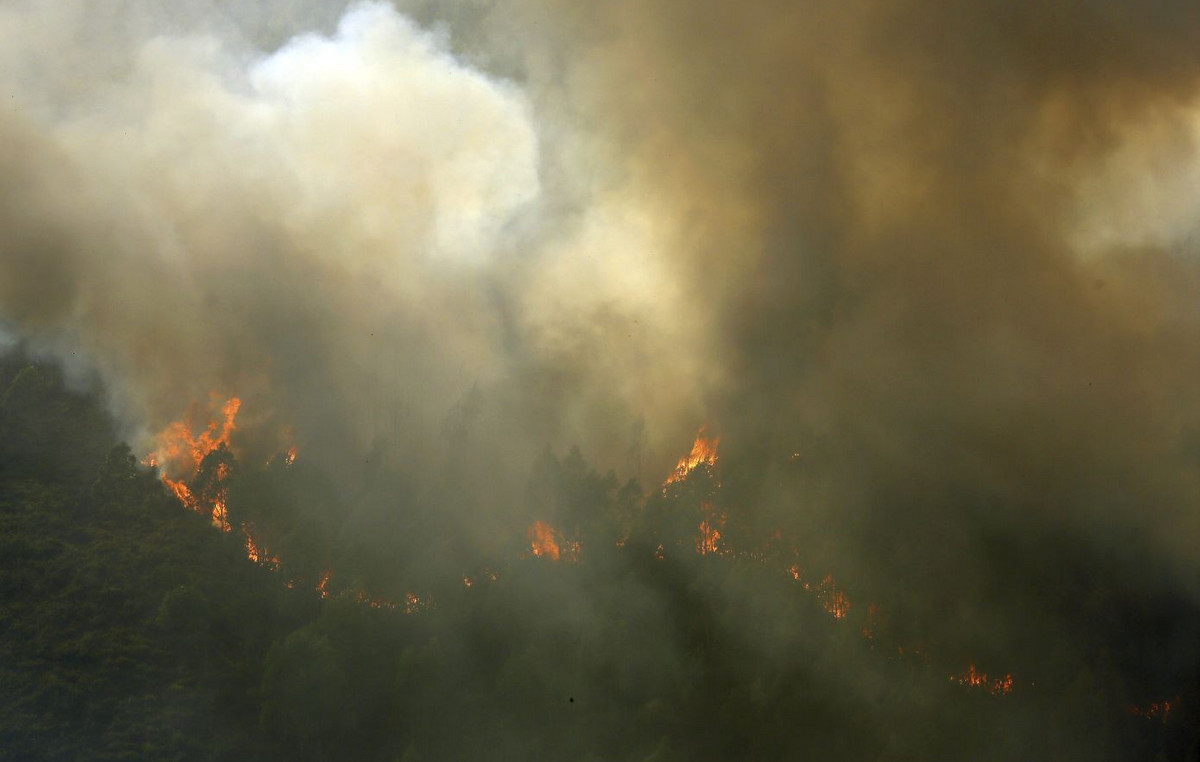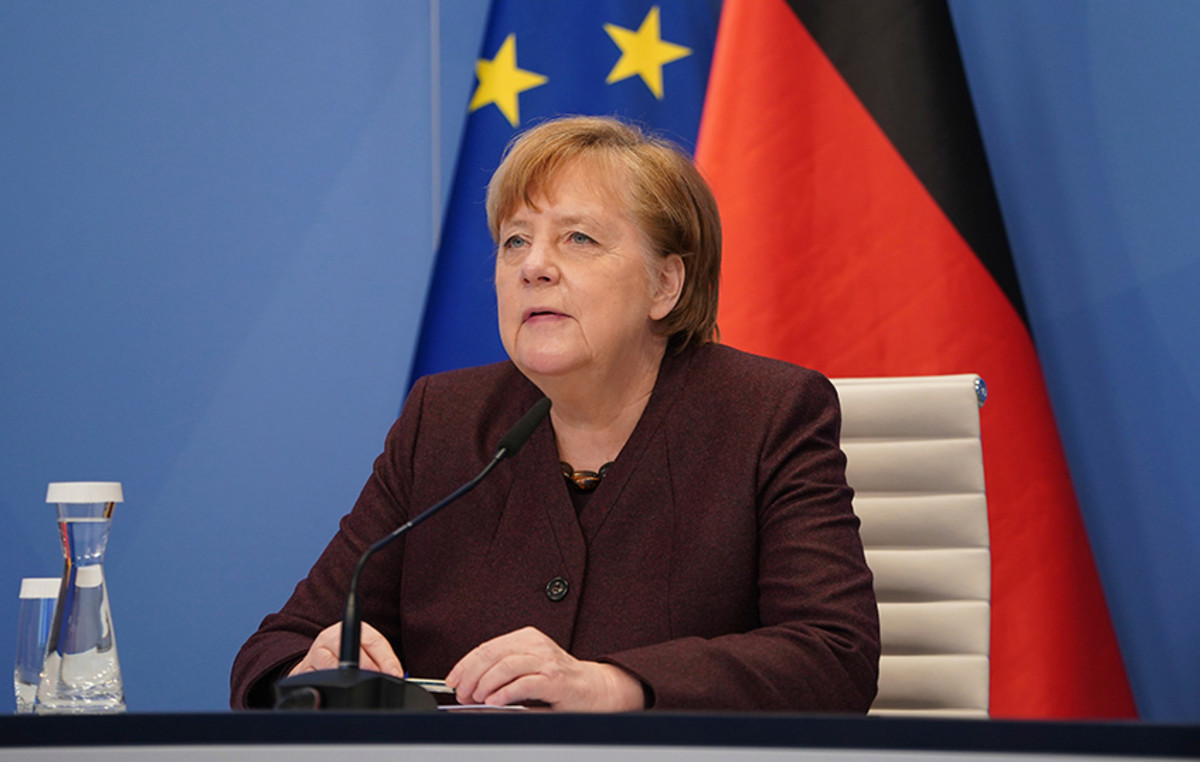LAST UPDATE: 14.29
Oil prices are falling slightly as they negotiate closely in the run-up to a meeting of major consumer countries to discuss the possibility of a new release of oil emergency reserves, along with a huge planned similar move by the US.
US WTI crude futures fell 59 cents to $ 99.72 a barrel after hitting $ 101.75, down 7% on Thursday.
Brent futures are down 33 cents at $ 104.37 a barrel after closing 5.6% yesterday.
The planned release of stocks from the US caused the fall on Thursday. On Friday, the two indexes of contracts lead to weekly losses of 13%, the highest of the last two years.
IEA member states will meet today to discuss a further emergency release that will follow the March 1st agreement to release about 60m barrels.
On Thursday, Biden announced the release of 1 million barrels a day from the United States for six months, starting in May. This will be the largest such move ever made by US Strategic Petroleum Reserves.
The goal is to replace the problems with oil supplies from Russia that have been hit by sanctions since the invasion of Ukraine.
However, prices could reverse if release is delayed or delayed or if deliveries are lower than those reported in the White House announcement.
The market is waiting to see how much oil the IEA countries will agree to release but do not expect it to have a major long-term impact on the market.
De-escalation in natural gas
Gas prices in Europe are falling, as concerns are mounting that Russia would cut off supplies immediately, following Moscow’s announcements of a ruble payment obligation from “unfriendly countries” to import gas.
The price in Europe fell by 2.9% on Friday, “extinguishing” its previous profits, after the Kremlin announced that the payments covered by the new measure are those related to quantities delivered from today and which will be paid to at the end of April or in May.
Russian President Vladimir Putin’s demand for ruble payments has caused market turmoil in recent times. Comments by European officials are reassuring, based on the belief that the flows will not be affected by the new payment mechanism, but the German government notes that it is studying the decisions of the Russian leader in order to determine how it will react.
Russian energy giant Gazprom said, according to Bloomberg, that it has already started informing its customers about the new rules.
“Energy futures will continue to be guided by developments around the ruble payment case in the near future,” Inspired Energy said in a report.
Foreign buyers from countries “friendly” to Russia (countries that have imposed sanctions on it for invading Ukraine) will be forced to open new, special ruble accounts in Russia’s Gazprombank in order to make their payments through the gas, according to a decree of the President of Russia which was signed on Thursday.
The Dutch gas contract, a benchmark for the whole of continental Europe, fell by 2.9%, to 122.21 euros per megawatt hour at 13.24 Greek time, with the corresponding British contract falling by 2.5%.
Traders are also monitoring the weather, with low temperatures expected in Europe next week expected to boost demand for gas for heating use, according to a Maxar report.
Source: Capital
I am Sophia william, author of World Stock Market. I have a degree in journalism from the University of Missouri and I have worked as a reporter for several news websites. I have a passion for writing and informing people about the latest news and events happening in the world. I strive to be accurate and unbiased in my reporting, and I hope to provide readers with valuable information that they can use to make informed decisions.







